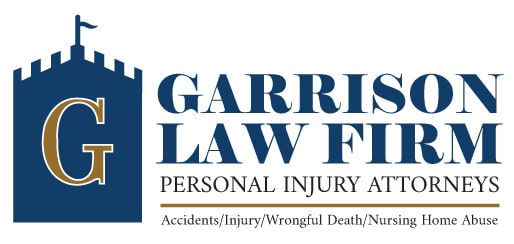A traumatic brain injury (TBI) is a disruption in normal brain function caused by an external force, often resulting from a sudden blow or jolt to the head or body. TBIs can also occur when an object penetrates the skull, such as in the case of a bullet or fragments of shattered bone. The severity of these injuries can vary significantly—from mild concussions with temporary effects to severe brain damage that may result in long-term complications or even death.
Common Causes and Risk Factors
Traumatic brain injuries can arise from numerous situations. Falls remain the leading cause, particularly among older adults and young children. Motor vehicle collisions involving cars, motorcycles, bicycles, and pedestrians are also major contributors. TBIs can result from violent incidents, including assaults, domestic violence, or firearm-related injuries. In addition, individuals involved in high-impact sports or military service may be at elevated risk due to physical contact or exposure to explosive blasts.
Recognizing Symptoms and Responding Promptly
Symptoms of a TBI can vary depending on the severity of the injury. Mild TBIs may involve headaches, dizziness, sensitivity to light or sound, and mood or cognitive changes. Moderate to severe TBIs can present more serious signs such as persistent headaches, seizures, loss of consciousness, difficulty speaking, and profound confusion.
It is important to seek medical attention immediately after any significant impact to the head or body, especially if there are changes in behavior, cognition, or physical abilities. In young children or infants, who may be unable to express how they feel, warning signs might include unusual irritability, changes in feeding or sleeping habits, or a lack of responsiveness.
Potential Complications and Rehabilitation
Depending on the extent of the injury, a TBI can lead to a range of long-term effects. These may include memory and concentration issues, speech and communication challenges, sensory impairments, and emotional or behavioral changes. Rehabilitation is often necessary and may involve coordinated care from professionals in physical therapy, occupational therapy, speech therapy, and neuropsychology. The goal is to restore function and improve quality of life as much as possible.
Prevention Measures
Many TBIs are preventable. Safety measures include using seat belts, avoiding impaired driving, wearing appropriate helmets during sports and recreational activities, and implementing home safety improvements to reduce the risk of falls—particularly for vulnerable populations such as young children and older adults.
Legal Support for TBI Cases
If you or someone you care about has sustained a traumatic brain injury as a result of an accident or negligent act, legal guidance may be critical in pursuing appropriate compensation for medical expenses, lost wages, and ongoing care needs. At Garrison Law Firm, we provide support to individuals and families coping with the aftermath of a TBI and are committed to helping you move forward.
Contact Garrison Law Firm
To learn more about your legal options following a traumatic brain injury in Peoria, AZ, contact Garrison Law Firm at 623-915-1100 or complete our online form. Our team is prepared to help you navigate the legal process and pursue the compensation you may be entitled to.


